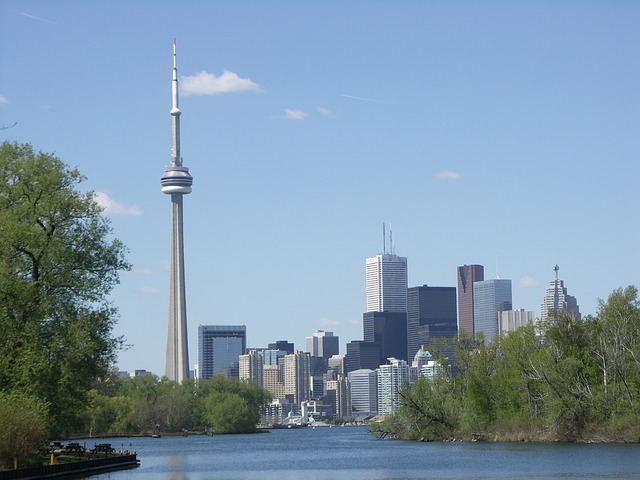Tower
The correct definition of 'tower' is a type of structure that is tall in proportion to the size of its base, often by a considerable margin. A tower is different from a tall building in that it is not built for habitation or for work, but serves other functions, primarily achieved by its height. However, towers may be intended for regular human access, for example as an observation platform.
Despite this, the term 'tower' is also sometimes applied to tall buildings, such as Trump Tower, Almas Tower, Princess Tower, Sea Sand Tower, and so on, and in the UK, high-rise residential buildings are often referred to as ‘tower blocks’.
Pure towers tend to be free-standing, self-supporting structures that do not use guy-wires (unlike masts). They can however be built attached to a building (such as a church tower or clock tower) or a wall (such as a watchtower).
The form of towers generally tapers upwards to ensure the load of the material at height can be supported by the structure below. They must also have sufficient stiffness to avoid buckling under applied loads such as heavy winds.
Historically, towers tended to be used for defensive or military purposes, and the term could be used to refer to an entire fortress, such as the Tower of London. The Romanesque and Gothic periods incorporated towers within the design of churches and cathedrals, sometimes with a spire or a flat roof. Towers were also commonly built onto prominent structures with clocks, such as town halls and other public buildings.
The development of structural steel as a framing device in the late-19th and early-20th centuries enabled towers to be built much taller, most notably, the Eiffel Tower in Paris.
Other types of tower include; cooling towers, water towers, communications towers, and so on.
Some of the most famous towers in the world include:
- Blackpool Tower.
- BT Tower.
- CN Tower.
- Eiffel Tower.
- Emley Moor transmitting station.
- Fernsehturm Berlin.
- Kobe Port Tower.
- Leaning Tower of Pisa.
- Space Needle.
- Watts Towers.
[edit] Related articles on Designing Buildings Wiki
Featured articles and news
ECA progress on Welsh Recharging Electrical Skills Charter
Working hard to make progress on the ‘asks’ of the Recharging Electrical Skills Charter at the Senedd in Wales.
A brief history from 1890s to 2020s.
CIOB and CORBON combine forces
To elevate professional standards in Nigeria’s construction industry.
Amendment to the GB Energy Bill welcomed by ECA
Move prevents nationally-owned energy company from investing in solar panels produced by modern slavery.
Gregor Harvie argues that AI is state-sanctioned theft of IP.
Heat pumps, vehicle chargers and heating appliances must be sold with smart functionality.
Experimental AI housing target help for councils
Experimental AI could help councils meet housing targets by digitising records.
New-style degrees set for reformed ARB accreditation
Following the ARB Tomorrow's Architects competency outcomes for Architects.
BSRIA Occupant Wellbeing survey BOW
Occupant satisfaction and wellbeing tool inc. physical environment, indoor facilities, functionality and accessibility.
Preserving, waterproofing and decorating buildings.
Many resources for visitors aswell as new features for members.
Using technology to empower communities
The Community data platform; capturing the DNA of a place and fostering participation, for better design.
Heat pump and wind turbine sound calculations for PDRs
MCS publish updated sound calculation standards for permitted development installations.
Homes England creates largest housing-led site in the North
Successful, 34 hectare land acquisition with the residential allocation now completed.
Scottish apprenticeship training proposals
General support although better accountability and transparency is sought.
The history of building regulations
A story of belated action in response to crisis.
Moisture, fire safety and emerging trends in living walls
How wet is your wall?
Current policy explained and newly published consultation by the UK and Welsh Governments.
British architecture 1919–39. Book review.
Conservation of listed prefabs in Moseley.
Energy industry calls for urgent reform.





























Comments